United World Colleges – place for Near-Peer informal STEM education
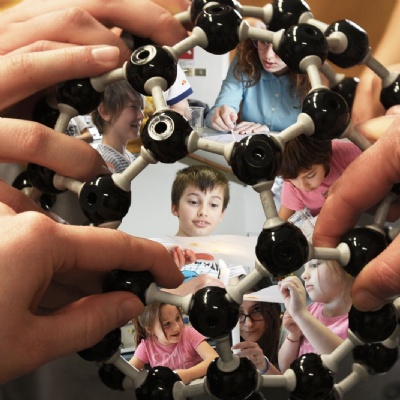
By Dimitrina Trendafilova, Chemistry teacher at UWC Adriatic
During a recent browsing through the documents in my computer I stumbled upon a video from 2010 showing some of my students in UWC Adriatic engaged in science activities with children from local schools. The video made me remember the first time I was involved in similar activities in 2004 when I was working in UWCSEA, Singapore. This is where my interest in working with children can be traced.
Over the years I have introduced the CAS activity “Science with children” in Adriatic College and Armenia. Reflecting on this experience I begin to realize that UWCs could become a focal point for the Near-Peer science education. The concept of Near-Peer Teaching (NPT) as a form of Peer-Assisted Learning (PAL) was first introduced in the late 1980s by Whitman [1]. Near-peer teaching is a special way of teaching where the tutor is one or more academic years ahead of the person being tutored.
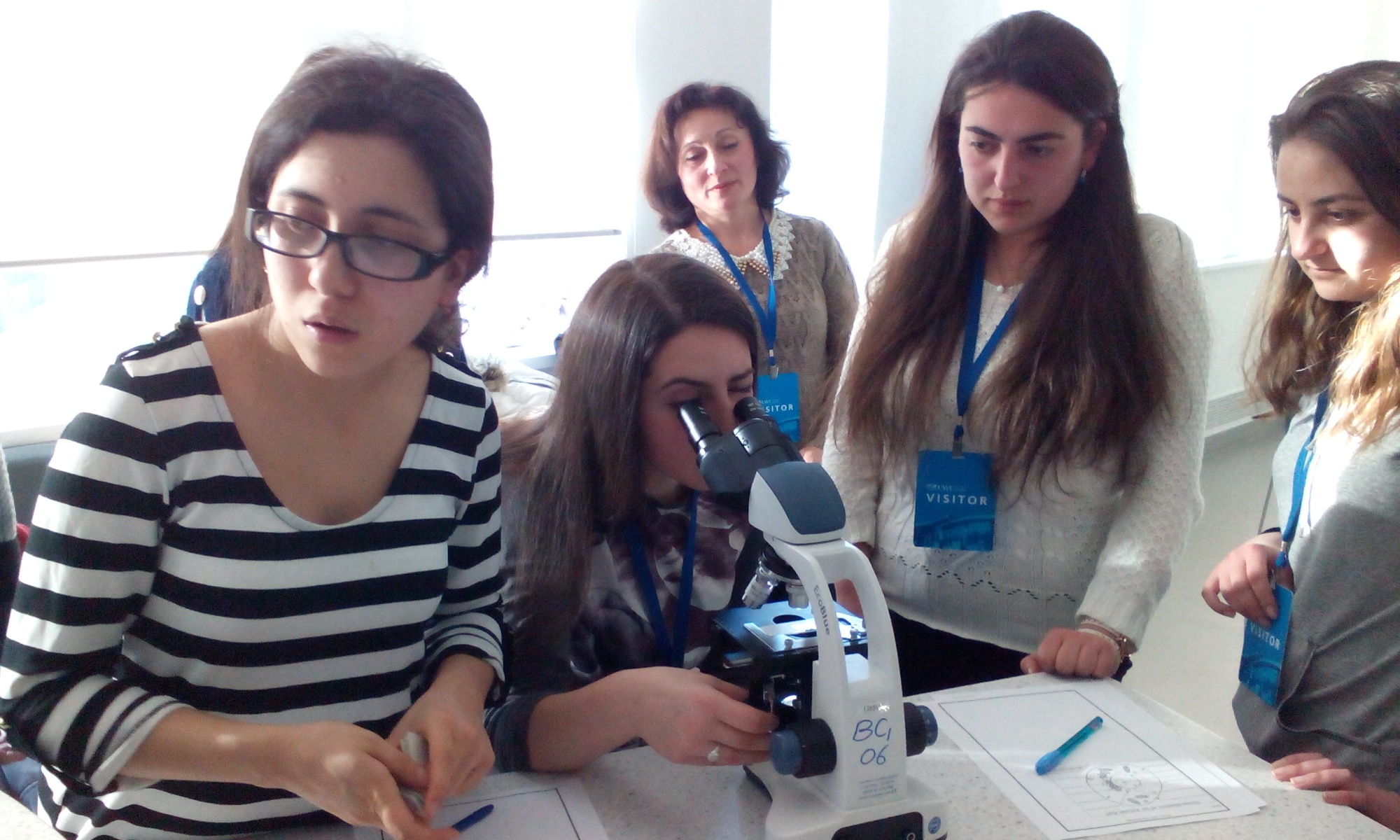
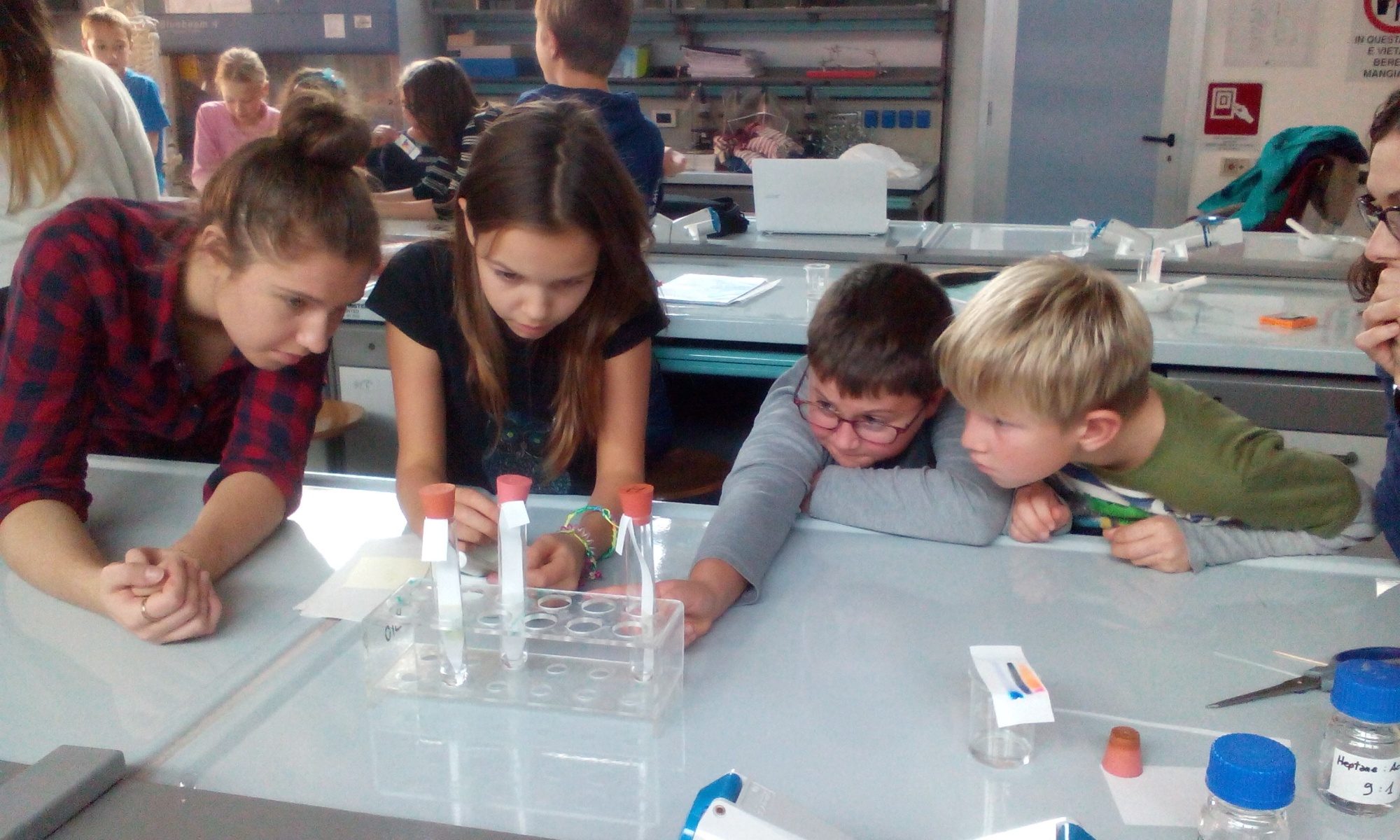
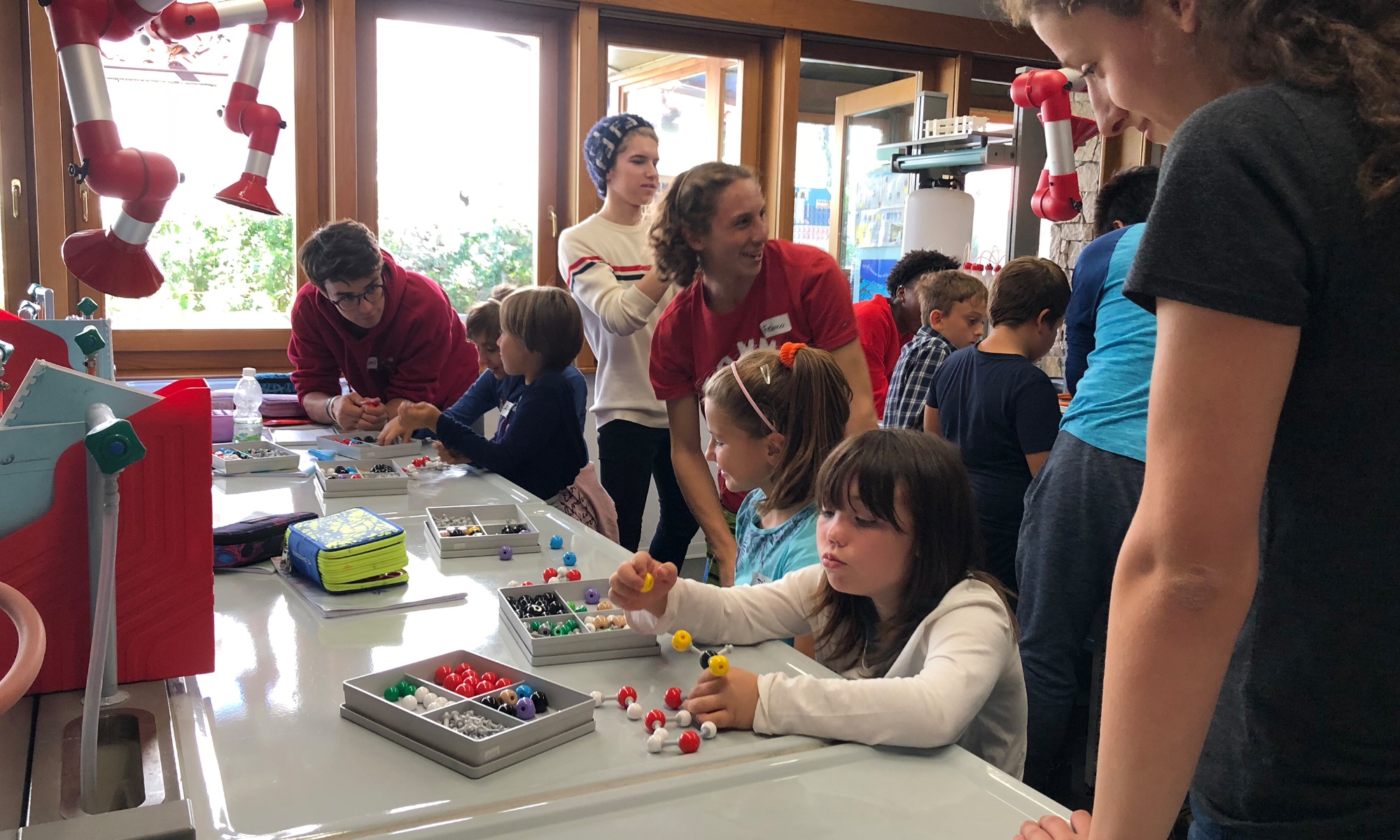
Teaching science to small children (especially in primary schools) presents many challenges, mainly connected to involving them in science practices and developing and maintaining their interest, considering that many schools do not have proper science labs. This is how the idea of setting up a social service “Science with children” was born. Children started to come to our labs on a weekly basis. They were hosted by a group of dedicated students who worked with them on different topics which related to the science curriculum or were of interest to the children. Soon the program became famous among the kids and their parents. Some of these kids are now grown-ups but they still remember this experience. The benefits from this informal science education are for both sides. We tried to engage children in authentic research – working in groups with our students they often investigated interesting topics – the Carso (area near Adriatic college) and its habitat, properties of water, sound and waves, natural indicators, extraction of pigments from leaves with different colours in autumn. Having fun was always part of our work. One of the favorite experiments was making an ice-cream and showing the role of the salt in creating the needed low temperatures for the freezing process.
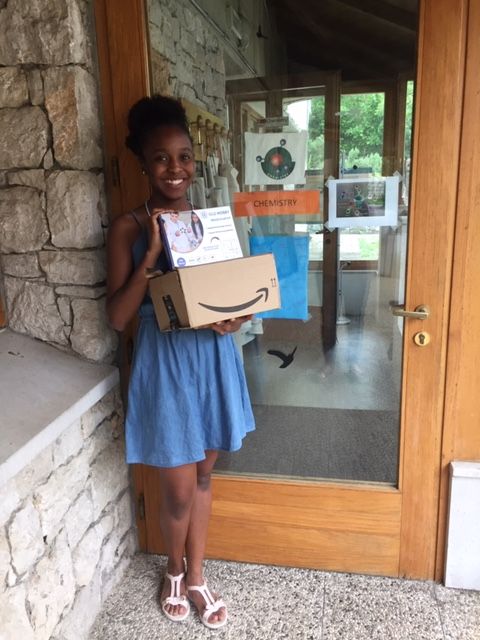
These meaningful social interactions resulted highly beneficial also for the students from the college. Explaining a scientific concept (often in a language which is not your own) is a challenge which students face and have to overcome. But at the end of the course, one can see the growth and the increasing sense of science identity in all of them. They learn how to engage other people in research, how to be patient and flexible, and how to learn from a failure. These are skills and competencies which are transferable and some of the students decided to use them in setting up science projects in their countries during summer. A recent example was the project of Nayla Falume (Graduate from UWC Adriatic 2018-20) who was inspired by the work in our social service and decided to organize activities in her school back in Mozambique. The importance of such projects, especially in developing countries (including the social service introduced in UWC Dilijan, Armenia) is enormous. These experiences create a fertile soil for engaging at the early age in STEM activities adding the advantages of near-peer mentoring. Children are introduced to science by their peers in a friendly and non-competitive environment. Learning is more natural and for many children and students becomes the foundation for pursuing a science career.
After so many years, I believe that such collaborations can be extended to other scientific institutions who can aim at the organization of summer courses, providing the already existing resources and mentors for the children. Students from UWCs with proper preparation can be a valuable asset for this important role. Engaging in learning skills and practices in science will transform STEM disciplines from being mainly theoretical to being relevant to our lives and attractive to pursue as professional careers. As our experience
showed, informal science education is a great resource for this.
There is not so much literature about the effectiveness of NPT. Evaluation of our work (qualitatively and quantitatively) will help us to better structure and enhance our program in the future.
[1] Whitman NA, Fife JD. Peer teaching: to teach is to learn twice. ASHE-ERIC Higher Education Report No. 4, 1988: ERIC; 1988.
